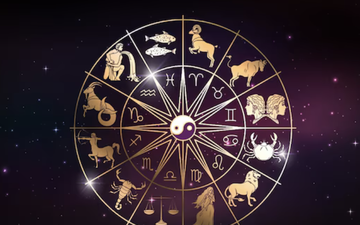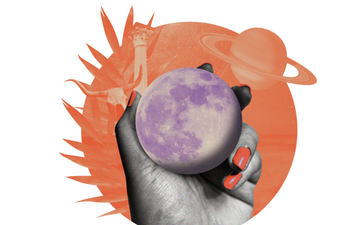
In Albania we know it as "Lies Day", but around the world it is known as "Fool's Day".
Although the origin and exact date still remain unknown to people, it is believed that this date has been celebrated in Great Britain since at least the 19th century. Back then, tricks and lies were mostly done by children, but many things have changed these days.
Regarding the origin, there are different theories. It is thought that the tradition of this day started in France, when in 1564, the calendar was changed from Julian to Gregorian, thus making the "old" January 1st become April 1st. However, as it is said, there were still people who celebrated the New Year with the old calendar, that is, on April 1st, thinking it was still January 1st. These were called "fools" and April 1 became their day.
This date was then turned into a fun tradition by the British, who in the 1800s started making fun of each other on April 1st. These jokes were taken so seriously that they began to be practiced even by prestigious institutions, such as the BBC, which in 1957 published an article stating that "the macaroni crop in Switzerland was setting records, while the noodles were blooming in the trees. "
Whereas now, the roots are simply limited to the "white" (or not so) lies we tell each other every April 1st.

How is it celebrated around the world?
In France , Belgium , Italy and the French-speaking areas of Switzerland , children have a tradition of placing a paper in the shape of a fish on each other's back.
In Scotland , April 1 lasts 2 days. On the second day people are often suddenly hit from behind.
In Canada and England , April 1st lies are allowed to be told until noon. Then the game is over.
Në Irlandë, tradita dikton dërgimin e dikujt në një “punë budallai”. Viktima dërgohet për të dorëzuar një letër, ku supozohet se kërkohet ndihmë. Kur personi merr letrën, e hap atë, e lexon dhe i thotë lajmëtarit se do t'i duhet t'ia çojnë letrën një personi tjetër. Kjo vazhdon derisa dikujt i vjen keq dhe i tregon se çfarë thotë letra: "Dërgoje budallain te dikush tjetër".
Gjermanët bëjnë një shaka të quajtur "Aprilscherz", e cila ka të bëjë me rrëfimin e një historie, e cila është krijuar plotësisht për të mashtruar të tjerët.
Në Greqi, mashtrimi i dikujt në këtë ditë thuhet se i sjell fat shakaxhiut për të gjithë vitin.
Whereas in our country, the Day of Lies lasts 24 hours, and of course we try to make the scenario of tricks and deceptions as reliable and severe as possible for the "deceived".
Is April Fools' Day a holiday?!
Of course it is, it's an official holiday. Did you believe it?!





